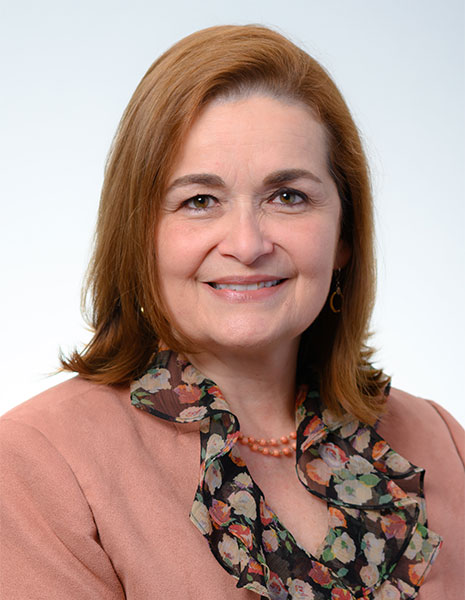Dr. Raquel Mazer was appointed Director of Community Collaborations shortly before COVID-19 began upending community outreach. She explained how she is settling in to her new position and advancing community partnerships in the wake of the pandemic.

You had just transitioned from clinic leadership to the Department of Clinical and Community Sciences when COVID-19 hit. What were your first six months like as the pandemic developed?
That is correct. I started my new position on March 1st and I wanted to gather as much information as possible early on. I was familiar with the many outreach sites where our students rotate and my intent was to visit each site during the first month. Then COVID-19 forced us all – including the outreach clinics – to change operations.
During UAB’s limited business operations, I stayed busy with creating content for my didactic courses, preparing for online teaching and designing virtual service projects for our D3 and D4 students as they completed the Spring term. I also took advantage of virtual platforms to reach out to clinic administrators, having virtual meetings and tours of some sites. I also worked closely with our administrative staff, who are so knowledgeable in our contracts and helpful to me as I familiarized myself with the new position.
The school has developed collaborative partnerships with a wide variety of health- and dental-care partners that provide opportunities for students to work with diverse patient populations, including external rotations and voluntary SEARCH sites. How have these been impacted?
The school has enjoyed some of these collaborations for a few years and we hope that they continue to grow.
Last academic year, our students were sad to miss their SEARCH rotations after they were cancelled in mid-March due stay-at-home and safety mandates. We have maintained our affiliations with the SEARCH sites for this coming year and hope that this public health crisis is resolved soon so these voluntary rotations can resume seamlessly.
For the current academic year, some community clinics had to delay external rotations while they implement additional safety measures. Other sites have been prepared from day one and welcomed our students as they returned to patient care under strict and safe measures.
I am hopeful that this shall pass soon so we can resume all of our collaborations and enhance our involvement in future years.
Has the pandemic reshaped Alabama’s oral health landscape going forward and are there opportunities for us to respond?
One of my biggest concerns regarding this public health crisis is the potential increase in the oral health needs in small towns and rural communities. Alabama lacks dental professionals in several areas of the state and the need has only been magnified.
I have been approached by administrators and organizations who wish to partner with us to serve communities in need. The intent is for our trainees to gain knowledge as they care for diverse patient groups. As options are being considered, they should be mutually beneficial.
I have also been working in collaboration with the State Dental Director, the AL Dental Association, office of Rural Health and Public Health practitioners in an attempt to enhance our partnerships and expand services to areas of need.